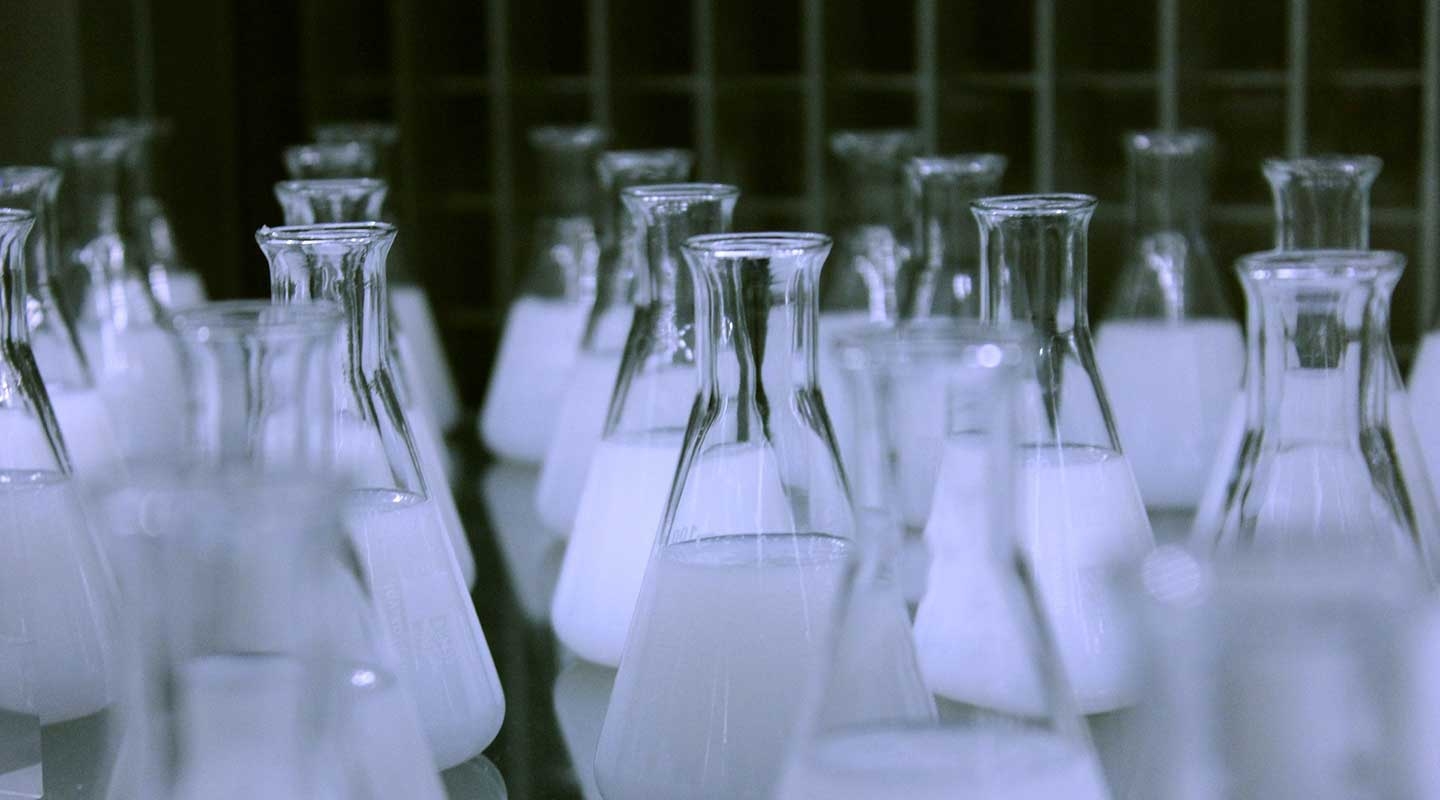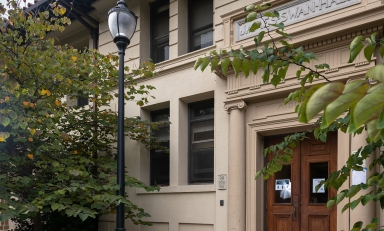Understanding chemistry—the underlying principles that govern the interactions, composition, and reactivity of matter in all its forms—is critical to addressing the most pressing environmental, technological, and societal challenges.
Occidental’s chemistry program is guided by the principle that the best way to learn science is to do science. As a chemistry major, you will develop a deep and comprehensive understanding of the principles of chemistry through a rich, hands-on laboratory experience in your classes and in research projects with faculty mentors. Research is at the core of our curriculum. Every chemistry major carries out original laboratory research, working side-by-side with department faculty on high-impact contemporary problems such as:
- mapping the complex chemistry of living systems
- synthesizing novel compounds in drug design
- engineering biomolecules, guided by genomics and bioinformatics
- developing new energy sources
- creating and studying novel nanomaterials
Nearly all chemistry majors participate in Oxy’s Summer Research Program, and many go on to co-author papers in peer-reviewed journals and present their research at national and international conferences. Our culture of mentorship and community is perhaps the greatest strength of the program. Peer mentoring and our Academic Mastery Program enhance the collegial atmosphere outside the lab. Our long history of student achievement validates our approach: Occidental chemistry graduates have excelled in academic research; applied/industrial research and engineering; medicine and the health professions; education; government; and business.
Over the past 25 years, Oxy chemistry majors have had a 100% acceptance rate into graduate programs in chemistry, biochemistry, and chemical engineering, and an 89% acceptance rate into medical, dental, pharmacy, and M.D./Ph.D. programs. Our program has also produced three Rhodes Scholars, a Marshall Scholar, and 12 National Science Foundation Graduate Fellows.





